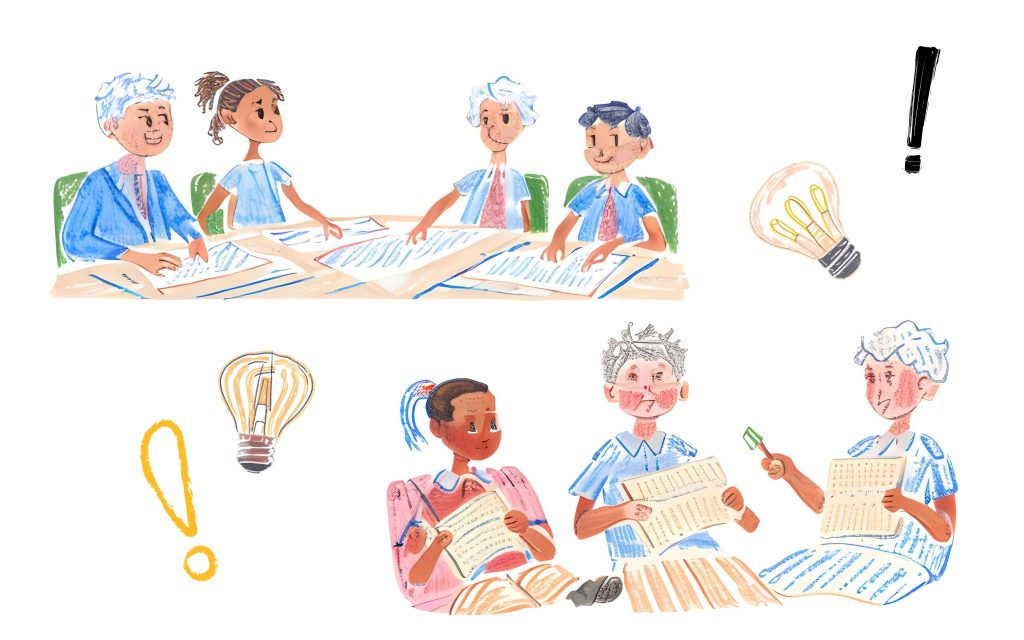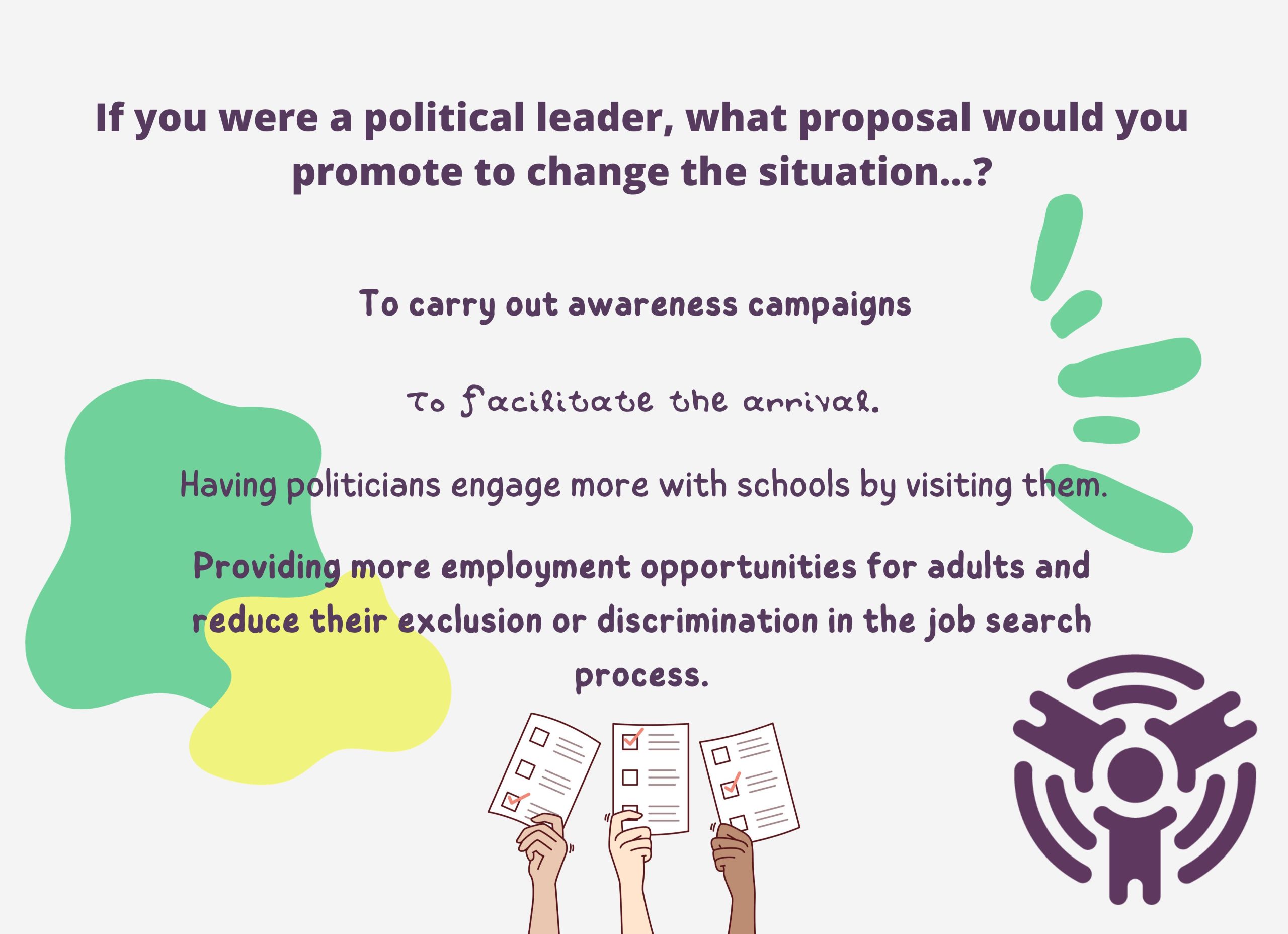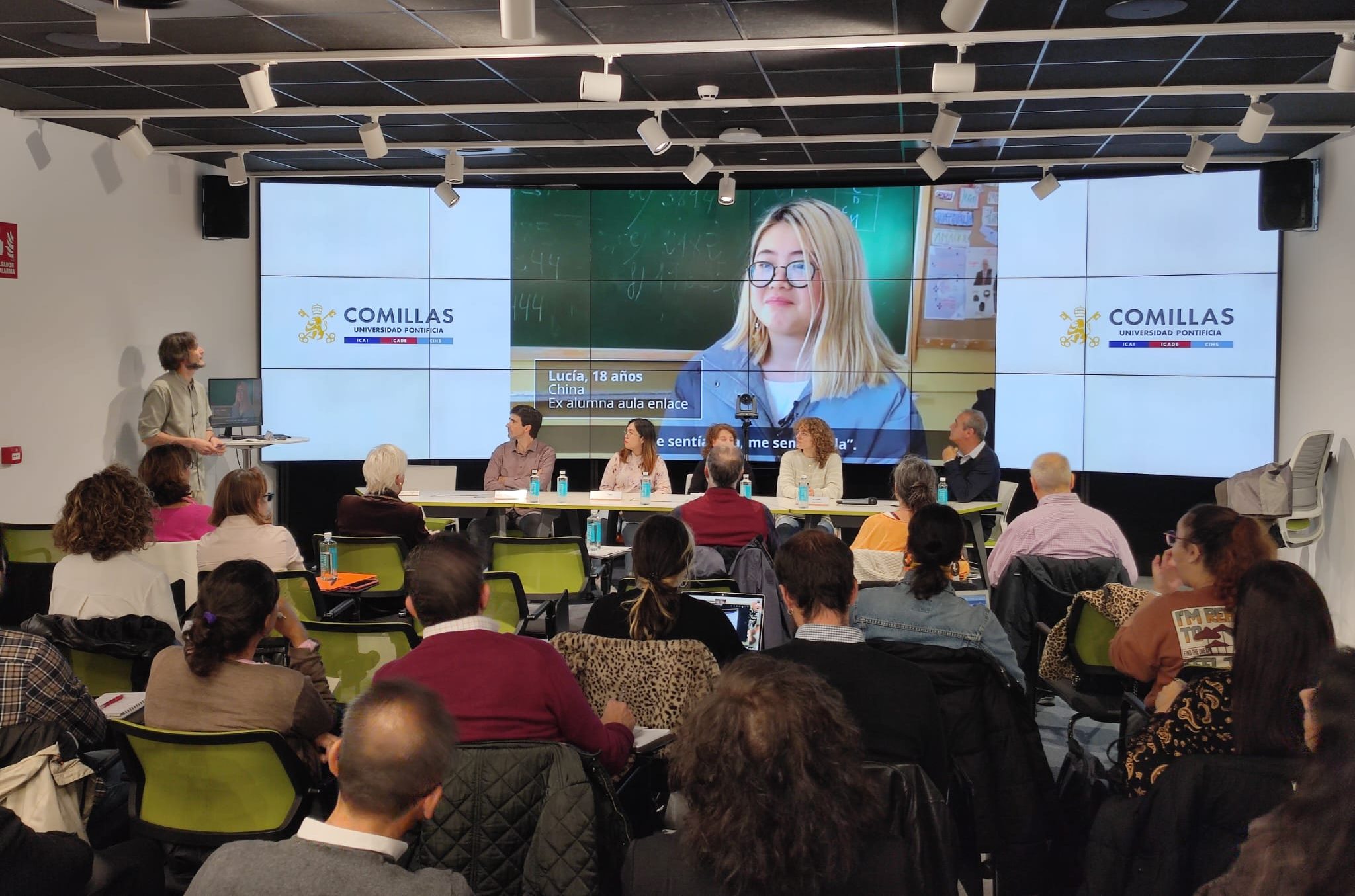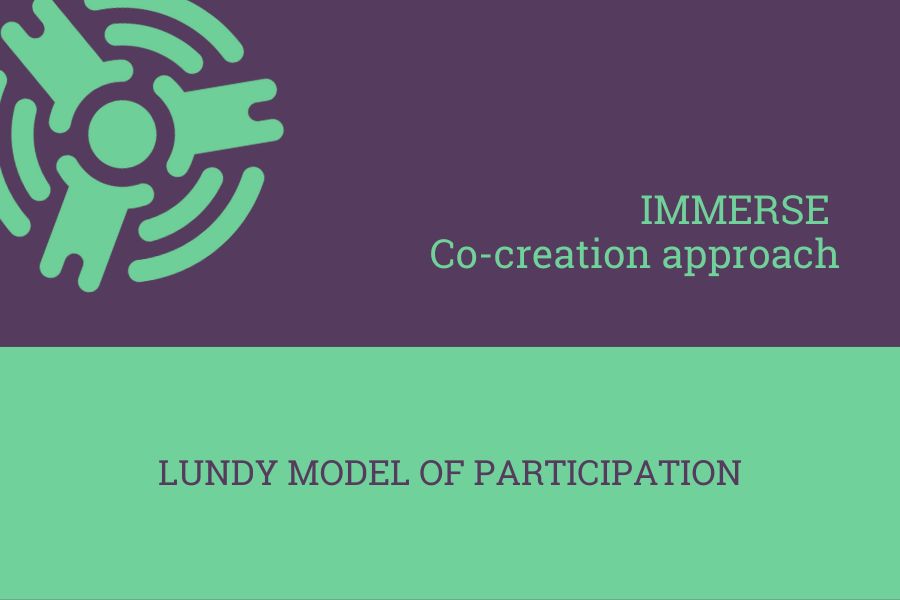Children’s Voice: What should the best inclusive school/community/country look like?

Migrant children aged 12-14 from a Spanish school, were asked for proposals regarding migration issues. The activity was led by the University Institute for Studies on Migration (IUEM) this April and, after presenting the children the results of IMMERSE project, these were their answers.
| If you were a teacher/school principal, what would you do to improve the situation? |
|---|
|
| If you were a political leader, what proposal would you promote to change the situation…? |
|---|
|
| What should the best inclusive school/community/country look like? |
|---|
The best school would be:
The best country would be:
|
| Taking into account the research evidences, what change should we aspire to? What’s your opinion about it? How would you improve it? Who should take it into account? What are the intervention priorities? |
|---|
|







